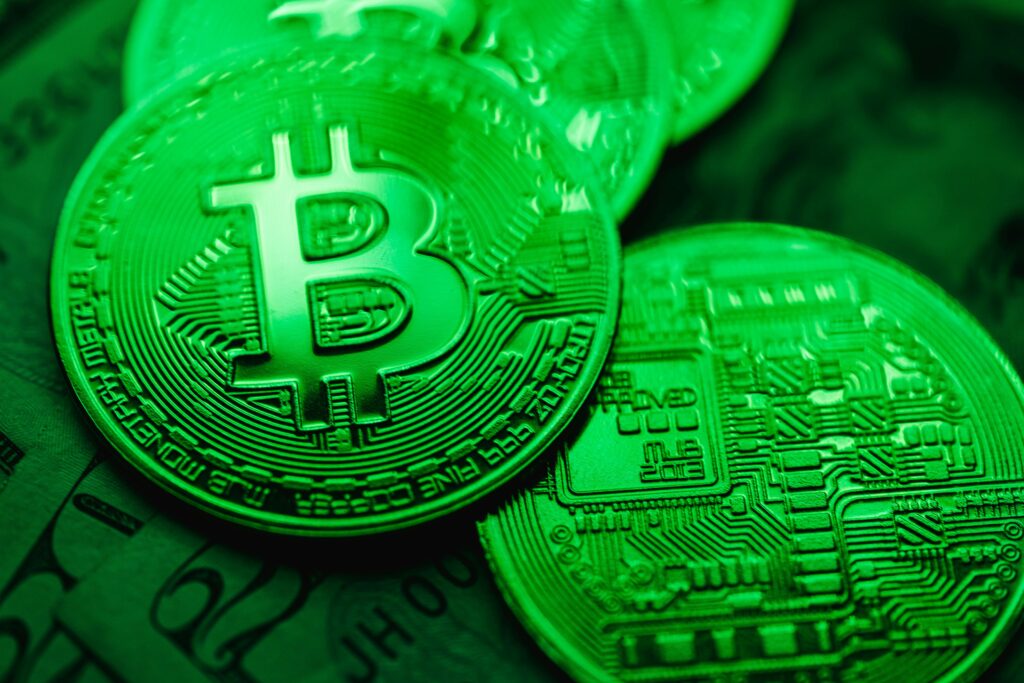In early 2025, Pakistan began making bold moves in the cryptocurrency space. After years of economic instability and repeated bailouts from the International Monetary Fund (IMF), the country is now looking for new ways to grow. One of those ways appears to be digital assets — and possibly, a quiet connection to former U.S. President Donald Trump.
A New Digital Authority
In February, the Pakistani government set up a Crypto Council. Just a few months later in May, it became a full regulatory body called the Pakistan Digital Asset Authority. This new agency is in charge of overseeing cryptocurrency, blockchain tools, and other digital assets. It was created to help bring order to a sector that has been operating mostly without clear rules.
A Surprising Partnership
In April, Pakistan signed a deal with World Liberty Financial (WLF) — a U.S. company with known links to Donald Trump’s family. WLF promised to support Pakistan by building blockchain systems, helping with crypto regulations, and guiding the country’s entry into the digital asset world. But as of now, many details of this deal are still unclear.
A Country That Already Loves Crypto
Crypto isn’t new to Pakistan. In fact, it’s already very popular. Estimates suggest that around 20 million people in the country use cryptocurrencies — a number far larger than those who invest in the stock market. Pakistan now ranks among the top 10 countries globally for crypto activity.
This is part of the reason the government wants to take the sector seriously.
By creating regulations, it hopes to:
- Encourage foreign investment
- Collect taxes from crypto businesses
- Build trust in the system
To lead the new authority, the government appointed Bilal Bin Saqib, a UK-based entrepreneur with strong credentials. He was earlier involved with the Crypto Council and has received honors like the MBE and Forbes 30 Under 30.
Real Interest from Global Players
Major platforms such as Binance and STAX have shown interest in working with Pakistan. The government is also setting aside electricity for data centers that support crypto mining and artificial intelligence.
Saqib’s task now includes:
- Setting up Bitcoin mining operations
- Creating a legal framework that meets global standards
- Using blockchain in government systems and finance
Public Concerns and Unanswered Questions
Not everyone is fully convinced. Hussein Nadim, a respected policy strategist, raised several concerns. He asked whether the government has a clear roadmap for crypto. He also questioned how much control the military would have and whether the public has been included in these discussions.
These questions point to a bigger issue: a lack of transparency.
Is Politics Driving the Push?
Some believe there’s a political motive behind the crypto push. In India, analysts have suggested that Pakistan’s link with WLF may be an attempt to gain favor with Trump. Around the same time, a Texas logistics firm connected to WLF pledged $120 million to buy Trump’s own cryptocurrency — a move that raised eyebrows.
Critics worry that connecting Pakistan’s crypto future to Trump’s brand may bring more risk than reward. The Trump family has been closely tied to crypto promotion, and some experts think this connection could damage the credibility of the entire system.
A Pattern of Military Involvement?
Nadim also compared the new crypto effort to the Special Investment Facilitation Council (SIFC) — a government body that includes 36 active military officers. The council was created to attract foreign investment, but many have raised concerns about military influence over civilian programs.
In his comments, Nadim warned that crypto might become “a new version of SIFC,” driven more by politics than public benefit.
But There’s Optimism Too
Despite criticism, some industry experts see real potential. Ali Khwaja, chairman of K Trade Securities, said WLF’s leadership recently visited Pakistan and expressed serious interest in building its crypto infrastructure. WLF, which manages a stablecoin worth over $2 billion, is seen as a heavyweight in the space.
According to Khwaja, global companies are reaching out to Pakistan without needing to be chased. That’s a major change. He said the government is responding — not pushing — and that this open approach could help Pakistan become a real leader in digital finance.
Looking Ahead
It’s still early, and many parts of the story remain unwritten. For now, Pakistan’s crypto journey is drawing international attention — and plenty of questions. Whether this path brings growth, controversy, or both, only time will tell.



